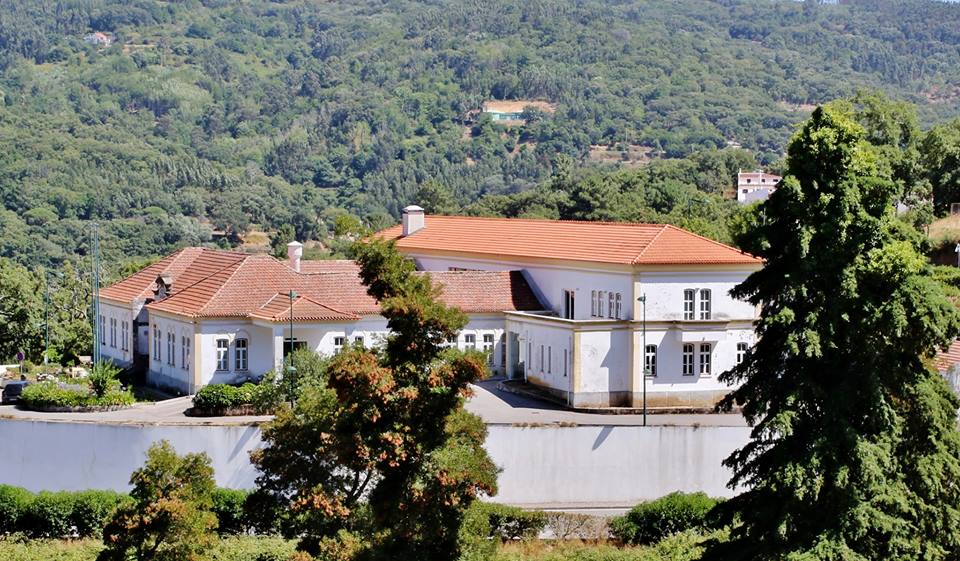The lack of doctors in primary health care outside large urban centres has forced municipal measures to encourage the retention of health professionals.
Municipalities are having to offer salary supplements, financial assistance for rent, housing provisions, and travel expenses to encourage family doctors to provide services in health centres and their extensions.
Alcoutim is one of the municipalities in the Algarve most impacted by an ageing population and desertification. Although the municipality announced several forms of support last August to help establish clinicians in its territory, it only succeeded in retaining the only doctor who was already practising there.
“With two doctors, the municipality would already be well served”, said the mayor, Paulo Paulino, noting that the difficulty in attracting doctors to this municipality in the northeast of the district of Faro is not new. However, it has worsened following the creation of Family Health Units (USF) type B – where professionals are paid based on their performance -, since Alcoutim does not have enough patients to have a USF of this type, unlike neighbouring municipalities.
In the far west of the Algarve, Monchique City Council approved a regulation in 2023 which stipulates that doctors are supported in renting or purchasing housing up to a maximum monthly amount of 80% of the minimum wage, a rule that also applies to those who reside in their own homes.
In the municipality, two full-time doctors benefit from the incentive programme and, at the weekend, the service is provided by a doctor sent by the Local Health Unit (ULS), highlighted the mayor, Paulo Alves.
However, there are still patients without a family doctor, and the mayor estimated that “at least one more doctor” would be needed. However, this claim comes up against the ratios per inhabitant determined by the ULS.
LUSA




















